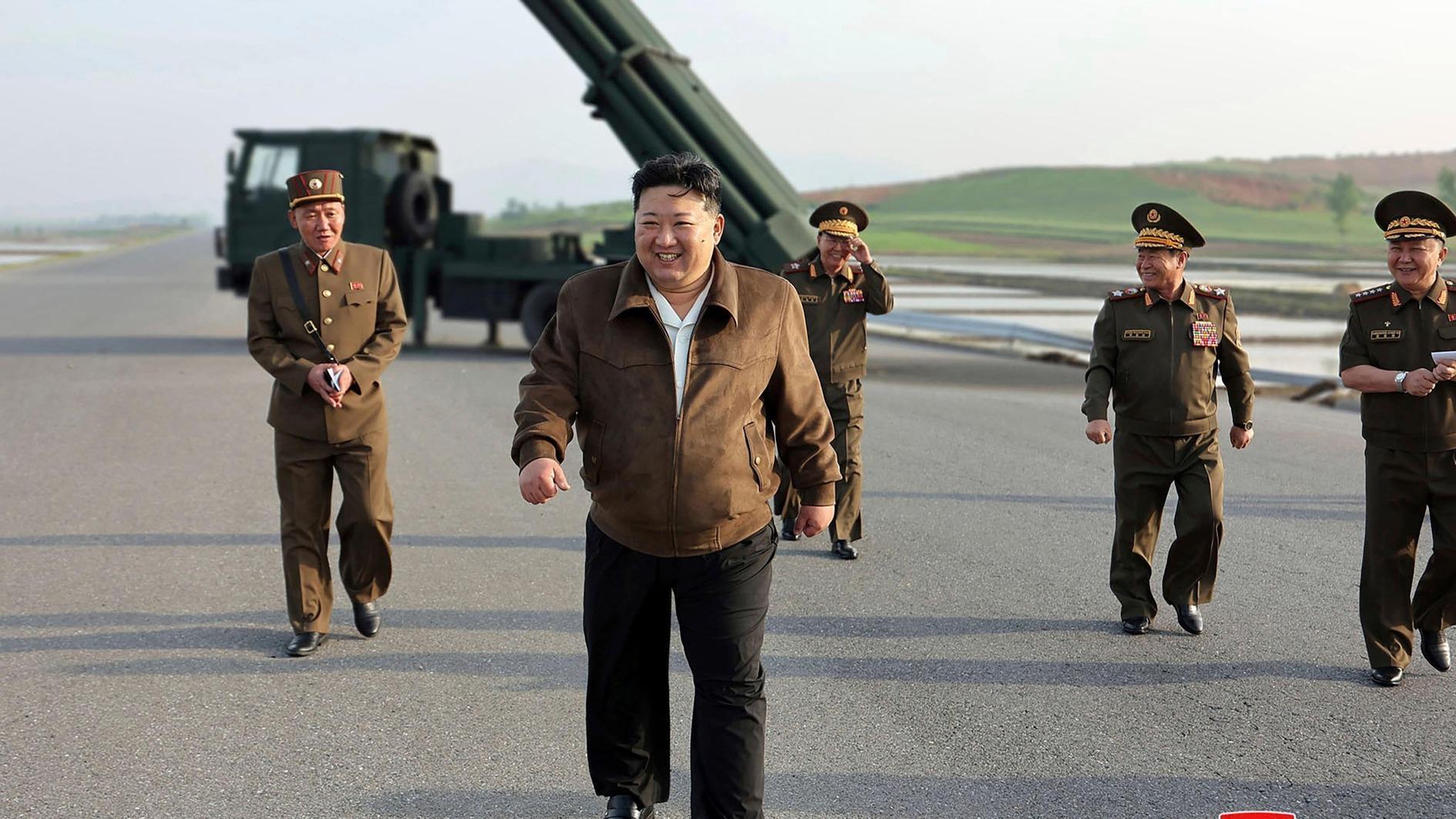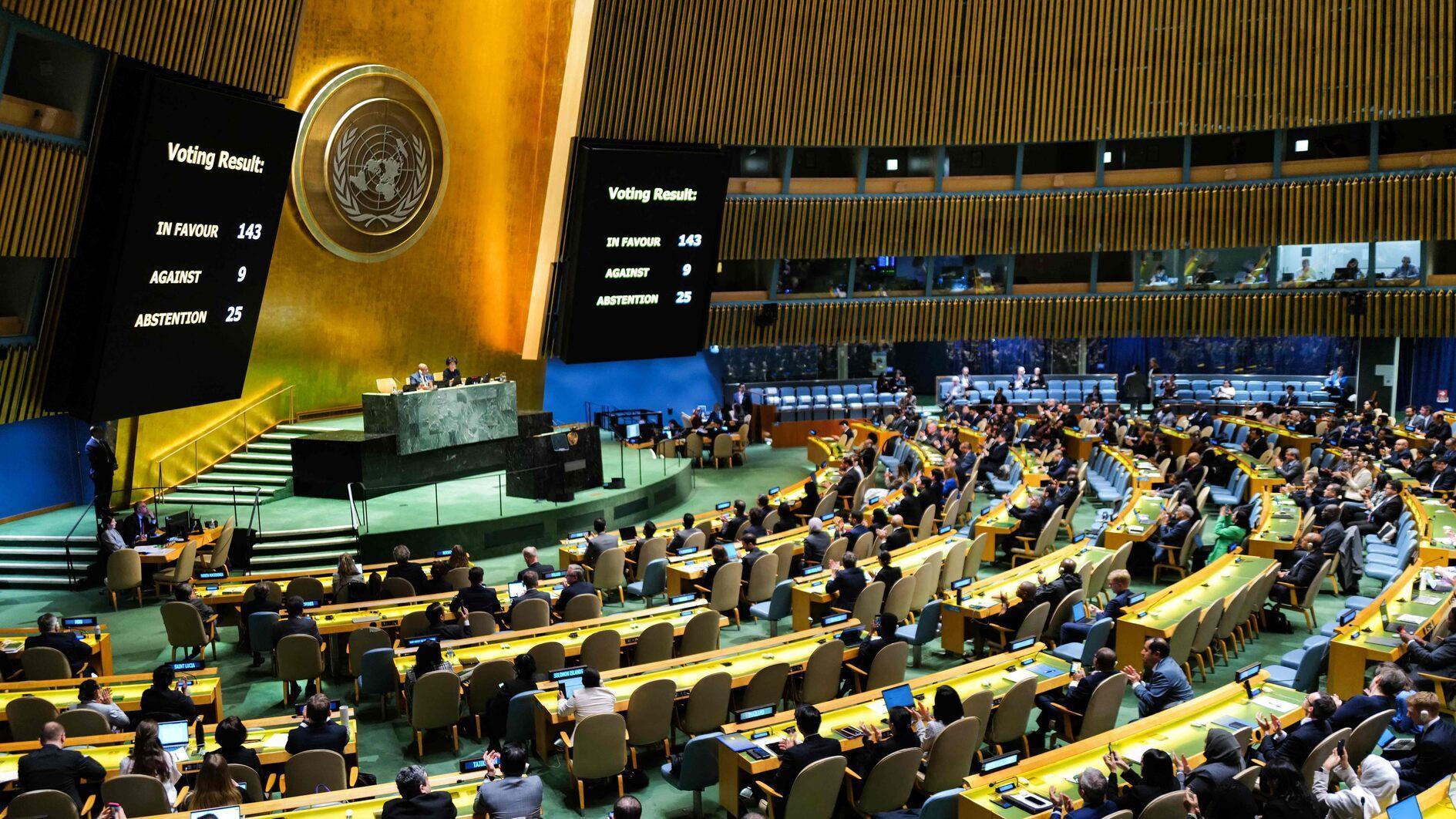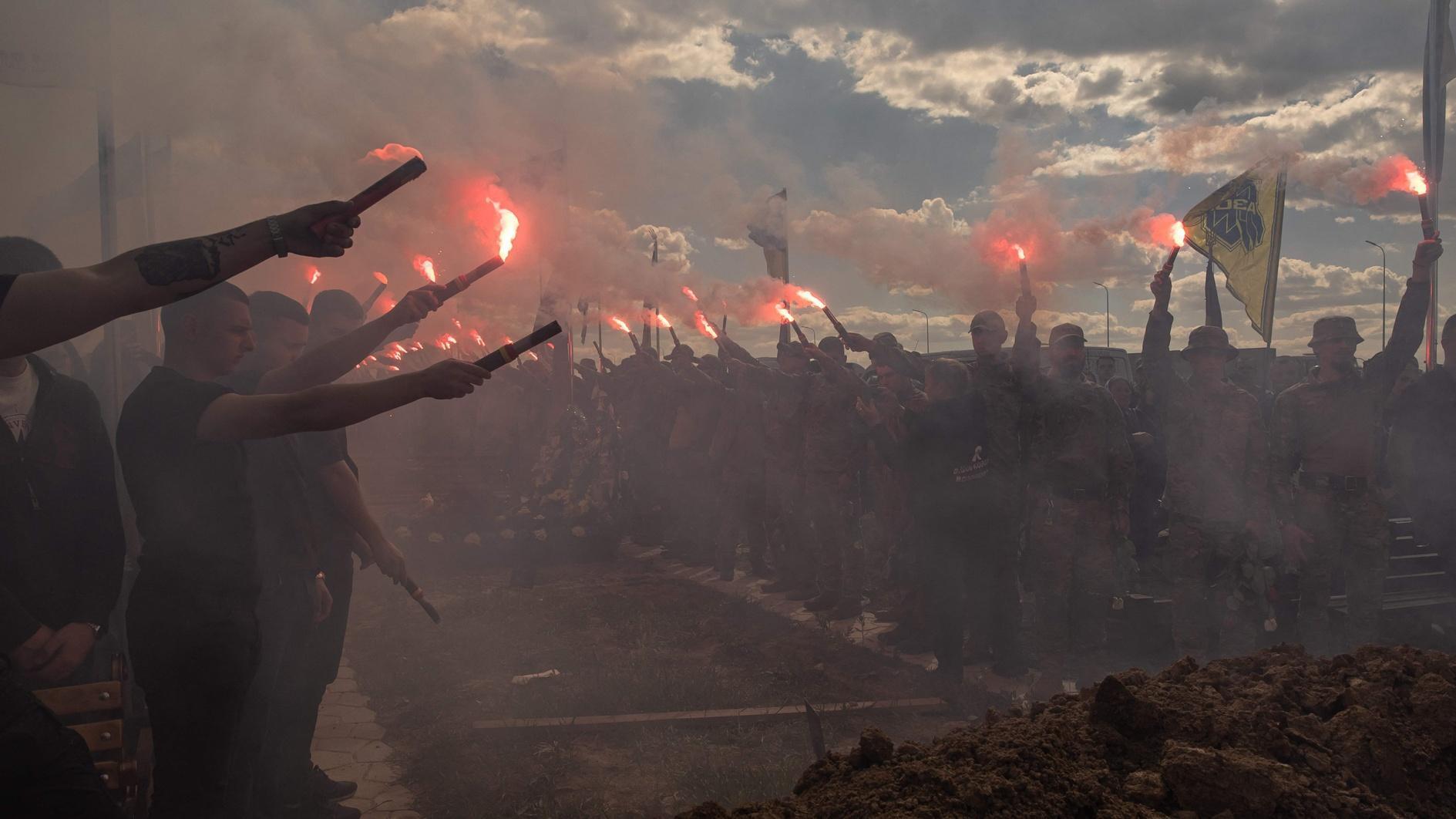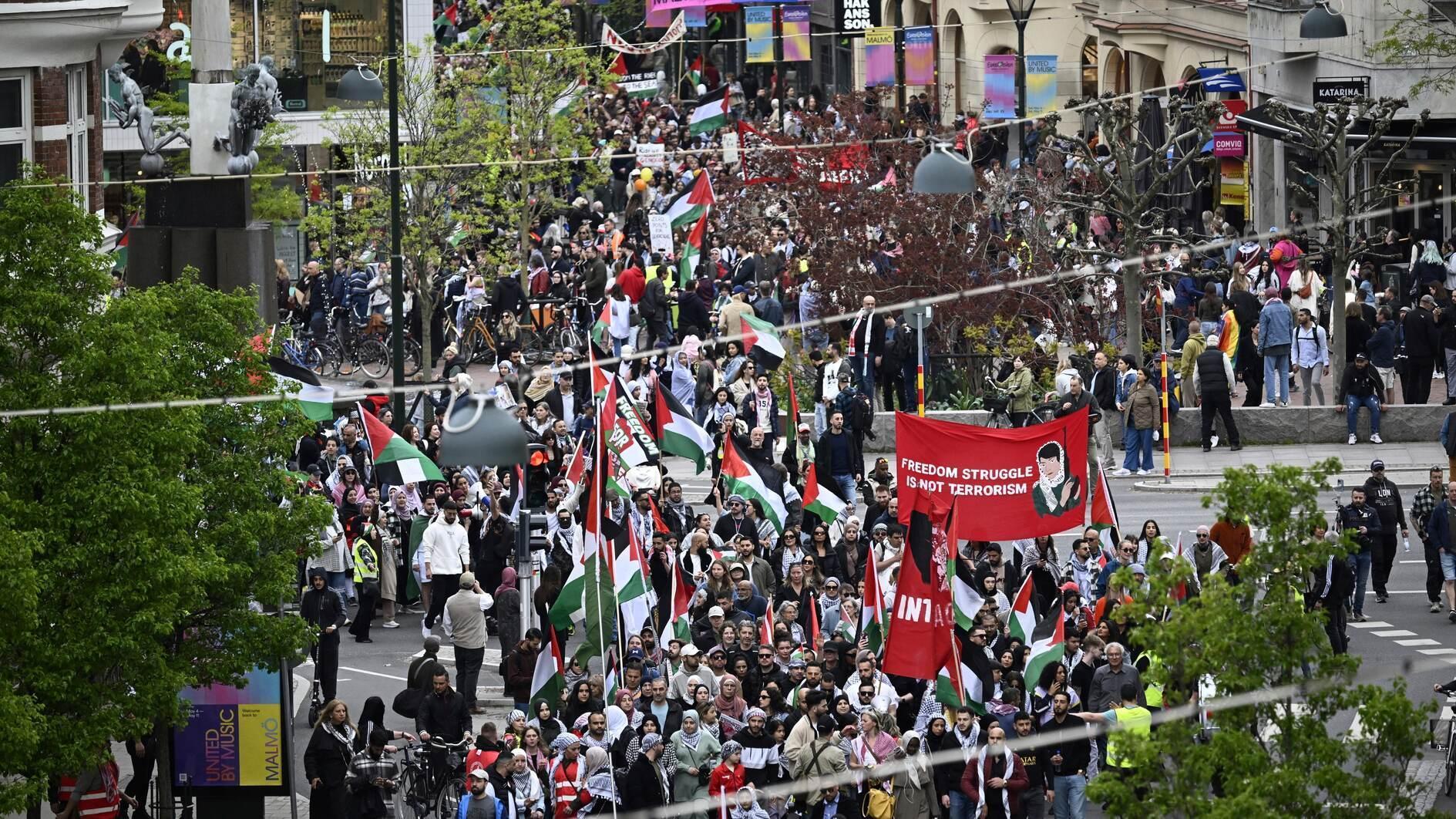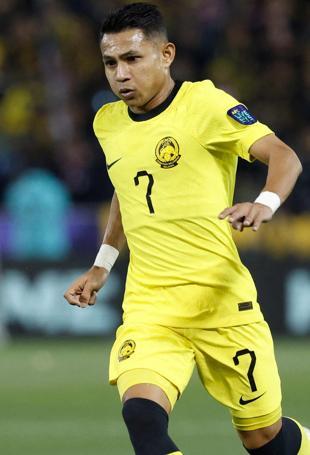The chief justice speaks fine words, but...
MEHMET Y. YILMAZ
Haşim Kılıç, the head of the Constitutional Court, has delivered an unexpected speech. We have witnessed upper-level judicial authorities making such declarations in the past, but this one remains unprecedented since the transformation of the judiciary into a “rose garden without thorns.”Haşim Kılıç underlined the fact that the legislative, judicial, and executive branches of government are, at times, pushing their boundaries. He said the judicial branch would not “allow politics to encircle the judiciary.”
“I said what needed to be said. I have received a myriad of favorable reactions. Apparently, everyone was hungry to hear such things,” he later told Metehan Demir, the daily Hürriyet’s representative in Ankara.
We know why everyone has such an appetite for hearing such things, and that is because a single man has been trying to run Turkey for some time. Parliament has its gaze fixed between his two lips, and ministers cannot even budge without his affirmation, while the judiciary infers meanings from a single frown on his face to determine how to position itself.
Haşim Kılıç’s warning is appropriate in this respect, but I am not quite certain as to whether the one who is supposed to lend an ear to this and draw a suitable conclusion will actually do so. Indeed, Deputy Prime Minister Bekir Bozdağ lost no time flashing a counter-signal: “No one is encircling anyone!” It constitutes no novelty in countries like ours, of course, for those who reach office through elections to strive to concentrate all the power in their own hands.
For that reason, the members of the judiciary need to claim their own judicial powers, as this is no matter that can be left at the mercy of those striving to consolidate their power. While laying claim to this authority, however, the scales of justice ought to be able to provide an accurate reading as well.
This business will go nowhere with prosecutors who merely content themselves with asking the questions handed over to them by the police in cross-examinations, or with judges who issue arrest warrants and give permission for wiretapping without examining the files and evidence.
True, there is a problem in Turkey with the separation of powers, and we need to resolve this. Turkey, however, is now also mired in a problem regarding the principle of fair trial and it is none other than the judiciary who must solve that.
Have some mercy on the kids
Third grade student A.Y., who participated in a school canteen boycott on March 7, was expelled from Istanbul’s İsmail Erez Industrial Vocational High School.
The District Student Disciplinary Council cited the student’s distribution of announcements and releasing information to the press without obtaining permission from the school administration as the reasons for his dismissal.
The students had launched a boycott against the canteen, whose food products they thought were overpriced, after they were banned from entering into or exiting the school during their noon breaks. They staged their protest by sharing the food they had brought from home on the day of the boycott.
The reason for junior-year student A.Y.’s dismissal from school was a clause in the disciplinary code that forbade “holding a press meeting for the purpose of providing information about the school without the headmaster’s permission.”
The student objected to this decision, and now the Istanbul Education Directorate is set to pronounce a final judgment on the matter after reviewing his appeal. It is impossible to know how they will decide, of course.
But surely, the decision to expel a student from school due to an act that caused no harm to anyone, and which the school administration made with no regard for the students’ demands, must be revoked. If a disciplinary investigation was called for, then it should have been launched against the school’s administration. Why were the kids compelled to stage such an act? Why is the canteen so expensive? Why did the school administration, which made the decision to force the students to purchase food from the canteen, behave in this manner? Was some relationship based on mutual interests involved? These are the issues that need to be investigated. To deprive a child of his right to education is the last thing our education system should do.
Mehmet Y. Yılmaz is a columnist for daily Hürriyet, in which this column appeared on April 4. It was translated into English by the Daily News staff.


